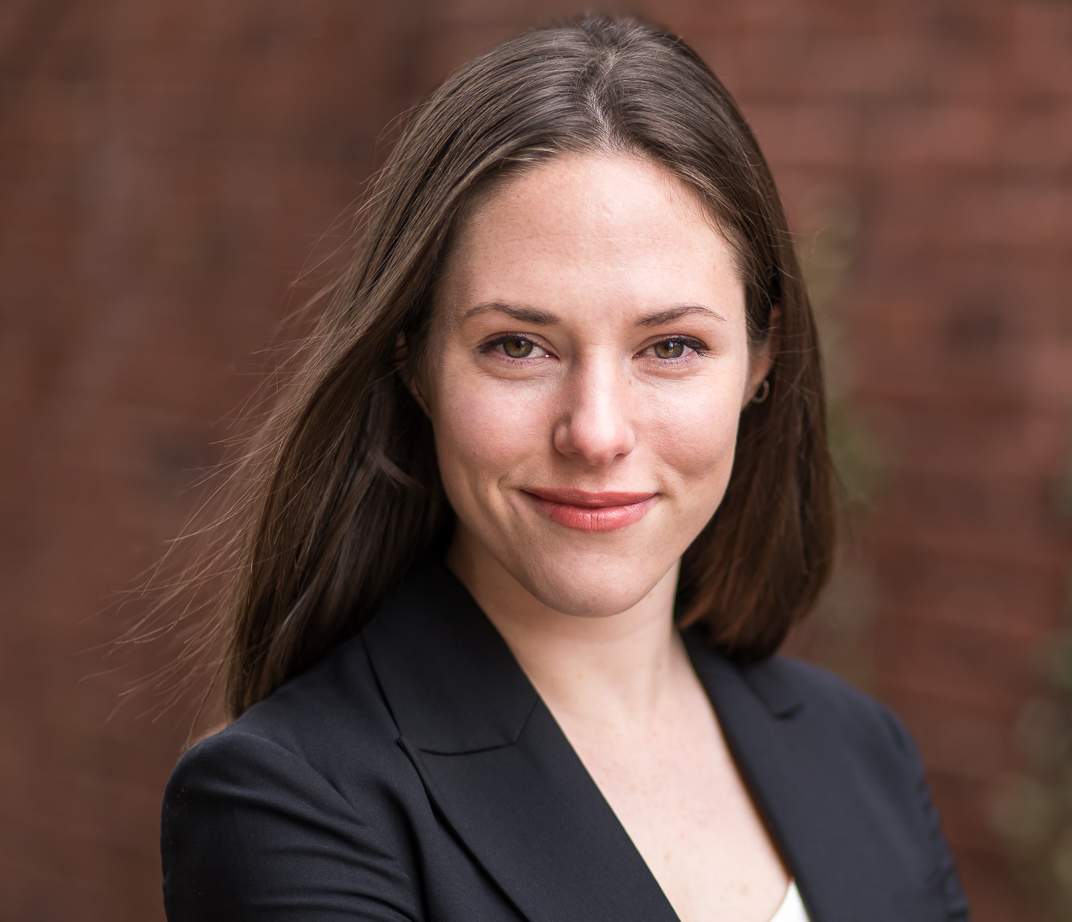Reducing Hate during the Reintegration of Excombatants in Nigeria
Abstract
How can communities heal in the aftermath of armed conflict? Although today many civil conflicts end with negotiated settlements which stop the fighting, intergroup hatred persists. This is playing out in real time in Nigeria: under the auspices of a government-led disarmament, demobilization, and reintegration program, thousands of people have defected from Boko Haram in recent years, only to find themselves isolated, discriminated against, and rejected from their communities. High-levels of hatred and mistrust have perpetuated the conflict and even driven some defectors back to the militant group. In this study, we propose to conduct two phases of work: the first phase will involve qualitative interviews with former associates of Boko Haram and the members of communities to understand the true barriers to reintegration and a review of government, international organization, and local civil society projects in the country that seek to address socio-emotional barriers like hatred. The second phase will include a field experiment to test the short- and long-term efficacy of interventions to reduce intergroup hate and promote reconciliation and reintegration efforts.
Field
Dept of Political Science
Team
Elayne Stecher, Dr. Graeme Blair

Elayne Stecher
Elayne Stecher is a current PhD/Msc student in political science and statistics at UCLA. She is interested in the role of social and psychological factors on intergroup conflict recurrence and other conflict-related outcomes, and her current work is focused in Nigeria.

